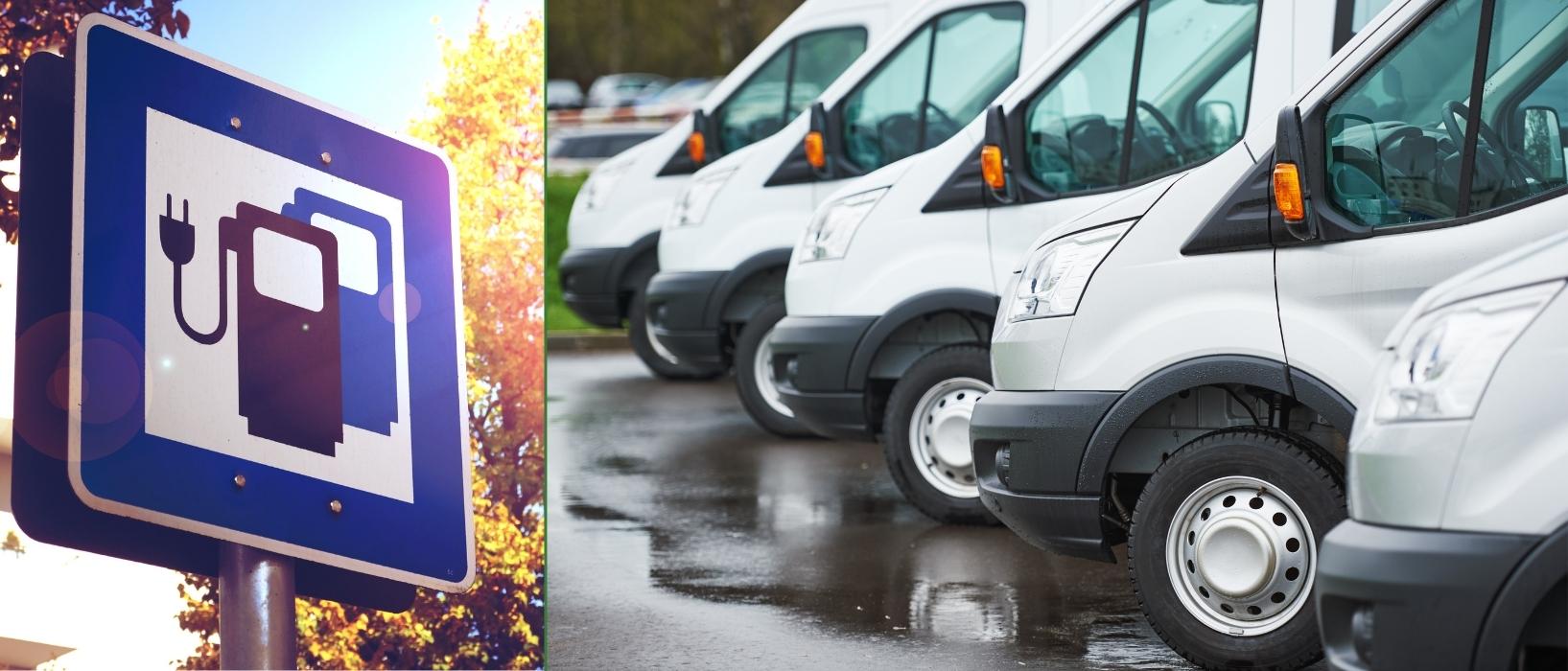
As the world switches to renewable energy and leaves fossil fuels behind, the next big sustainability challenge will be transforming transportation.
Currently, the automotive industry is responsible for 20% of the EU’s total carbon emissions and 14% of the entire globe’s. Of course, some of this transition will depend on technological improvements and changing consumer behaviour, but organisations can make a massive contribution by transitioning to electric fleet vehicles.
Large corporations are already leading the way, too, with well-known brands including IKEA Group, Unilever, and HP Inc joining LeasePlan as founding members of EV100: the global initiative striving to make electric transport the ‘new normal’ by 2030.
As a business owner, however, putting this into practice can seem a little overwhelming, but for those who have the option, it can be the ideal place to start reducing emissions.
One enormous benefit of doing so is that it keeps your business ahead of constantly shifting and increasingly stringent government regulations.
This will be particularly important within the next decade, and acting on the demands of customers and employees will mean going beyond important but ‘simple’ emission reduction measures such as thermostat controls and LED lightbulbs.
By transitioning to electric vehicle fleets, your business can demonstrate green leadership and strong sustainability credentials. This, in turn, will improve your brand reputation, improve customer loyalty, create appeal to potential recruits, and improve overall employee engagement.

Of course, the cost is a significant consideration, and electric vehicles still tend to be more expensive to purchase than traditionally-fuelled ones. However, it’s essential to consider the long-term savings that electric vehicles could offer you.
Reducing fuel costs and taking advantage of government incentives and tax benefits means that your company can see significant savings when investing in electric vehicles.
In the U.K., you could receive up to £8,000 off the purchase price of an eligible electric van or £3,500 off an electric car. Over five years, just one electric car could save over £6,000 in vehicle tax and fuel. You can take a look to see which specific vehicles are covered here.
On top of that, electric vehicles are inherently more reliable than those with internal combustion engines, meaning maintenance costs are often also reduced.
It’s also worth bearing in mind that ‘Clean Air Zones’ are set to become the norm across the U.K., with several towns and cities planning to enact the schemes in the very near future.
This means that if you manage a fleet of vehicles, regardless of the size, your drivers could be facing expensive fees each day on popular routes through city centres. Electric vehicles, of course, are exempt from these charges.
Given the benefits switching can give you, as well as tightening legislation, the question isn’t whether your business should invest in electric vehicles; it’s whether you can afford not to.